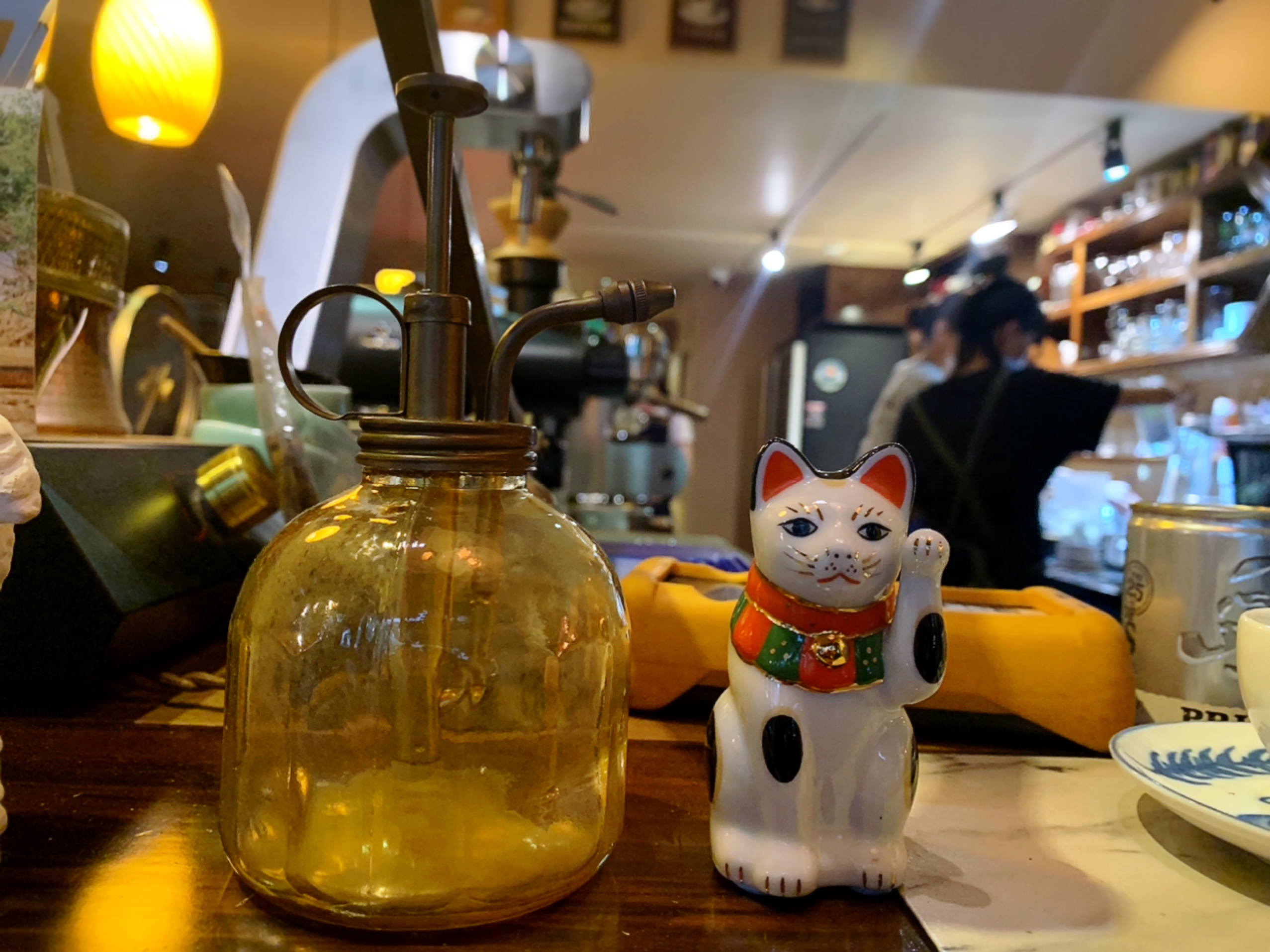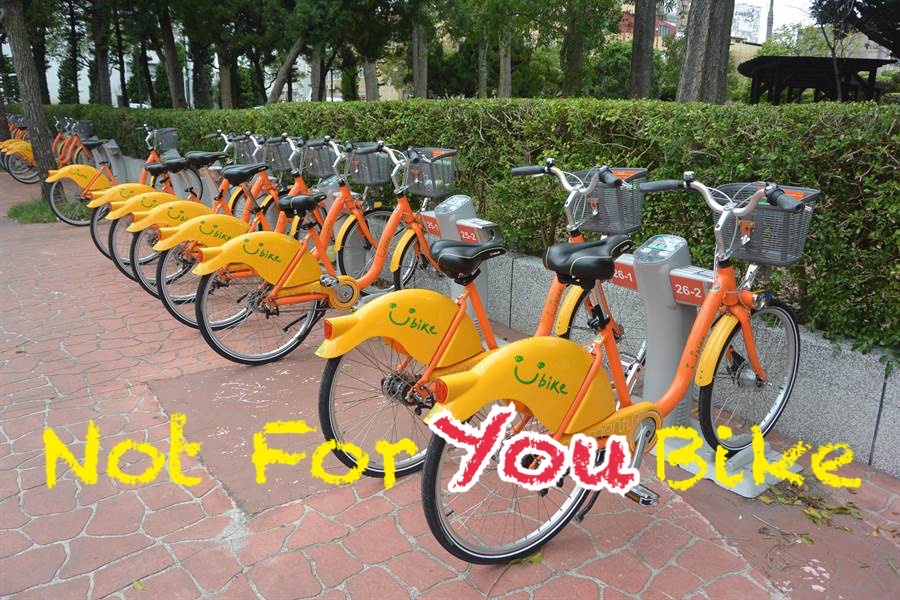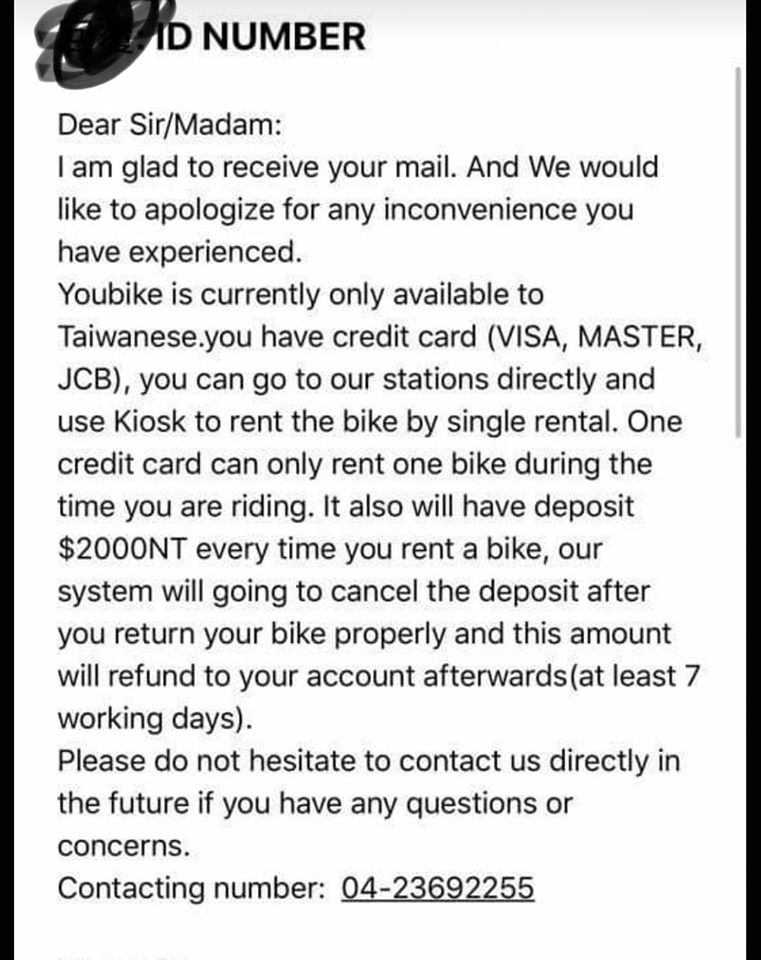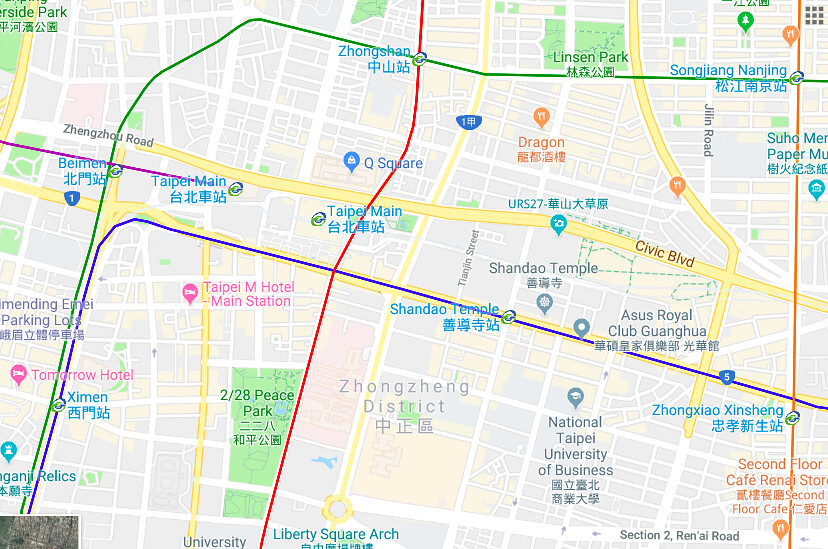Most months, I try to participate in the free market in Da'an Park. It's often cancelled due to bad weather or wet ground, but when it happens, it's one of the great things about living in Taipei. Taiwan generally, too, as I'm sure they take place in other cities.
It builds community: the attendees are friendly and look out for each other -- among other things, letting newbies know about smart rules to put in place so re-sellers don't swarm your set-up and clean out everything before anyone else can have a look. It's good for students and those on a budget, as handy, gently-used household goods are frequently set out. It's good for the environment, as items not quite good enough to sell or give away online still have a chance at a second life rather than going straight into the trash.
As far as I'm aware, it's also completely legal (if I'm wrong about this, please let me know). It's not commercial, which is prohibited in public parks for obvious reasons. It's a three-hour giveaway, a community activity focused on eco-friendliness and reducing consumerism. Similar activities take place at 228 Park, up in northern Taipei, and occasionally at the weekend farmer's market in Gongguan.
At worst, I suspect there's no specific law against free markets, as laws regarding commercial activity arguably don't apply, and I've never heard of cops giving them trouble -- until today.
I showed up at about 2:30 with a large IKEA bag full of items to give away. As I started setting up, some participants came over and gestured to the cops in another section of the market area. Everyone who'd laid down blankets for their items was told to pack up, and those who didn't comply were being ticketed.
The fellow market-goers told me to just set my bag down and take out items one by one -- people would come over to claim them. So that's what I did, and as promised, a small group of people formed around me as I pulled out everything from a bag of unwanted Christmas decorations to various storage bins and baskets to a pot lid that doesn't fit anything to a shoulder bag Brendan no longer uses.
So why were the cops there? Gossip among market regulars was that Mayor Chiang Wan-an, the useless marionette who "governs" Taipei, visited Da'an Park today, and the police didn't want the appearance of buying and selling in the park. It did not seem to matter that this wasn't buying or selling, and would have been a fantastic event for Mayor Chiang to not only see, but endorse as good for Taipei and its residents.
Obviously, that's not what happened. I daresay it's because Chiang and his people don't actually care to consider what's good for the city.
Chiang himself most likely didn't give the order, but someone who worked for him did, and it was the wrong one. Let's break up a free market because it 'looks like' commerce? Is the mayor too stupid or arrogant to listen to an explanation of what the free market actually is? What does it say about his leadership that his underlings thought this was the right move?
I don't know where the free market goes from here. Most likely, it just keeps meeting and tries to stay under the radar. Maybe if Mayor
I suspect official complaints would only cause more problems. If there's no specific law against free markets, but they may technically be broken up under laws regulating commercial activity, there are really only three possible outcomes: the Taipei city government and their nepo-baby "I love my fascist maybe-granddaddy" mayor might decide to tell the cops to leave them alone. But Chiang doesn't actually care about the vibrancy of Taipei civic life, so they're more likely to respond with a "yeah...nah". Then the issue can either be litigated, or free markets stop.
If you organize a free market just because you think it's a good idea, you probably don't have the money to hire a lawyer and take it to the courts, so I doubt the organizers will indeed complain.
Now it's time for me to just rant semi-incoherently about how much Chiang Wan-an sucks.
While we're on that subject, I want to first put out a question: has he done anything at all for Taipei since assuming the mayorship? In what way has Taipei tangibly improved? If you can name even a single tangible thing that his administration specifically has spearheaded, please leave it in the comments.
I've asked local friends the same question, and nobody's given me a single affirmative response. We're talking about die-hard Ko Wen-je haters who would nonetheless point out that Ko's first term was not that bad, by Taipei mayoral standards (that's not hard when the timeliest comparison is Hau Lung-bin, who also did nothing). So, these are people willing to see good works in a politician they otherwise dislike.
I do try to regularly read local news, and can also say I see...well, nothing about tangible efforts by the Chiang administration to improve Taipei. Just to double-check my assumptions, I glossed the city government's own announcements through 2023, which is where I got bored (they're not very interesting). There just doesn't seem to be much at all -- most of them read like this one, which is about Chiang visiting a trendy EasyCard machine in the Department of Youth. Yay.
So either Chiang doesn't do anything, or the Taipei City government is terrible at hyping their guy.
Just to double-check if I'd missed anything, I asked ChatGPT what policy accomplishments Chiang has had since assuming office. It gave me a bunch of boilerplate about international engagement, especially "cross-strait" dialogue. I asked it again about specific or tangible policies that have helped improve the lives of Taipei residents. ChatGPT will give you a list of its sources, so I figured at the very least I could check those.
Here's what it said: 
I don't take ChatGPT very seriously, but...LOL. Even AI doesn't have much to say about the mayor.
I'm no fan of Ko, but under Chiang, I think Taipei has actually gotten a little worse. The only notable exception I can think of is air pollution, but that's improved a bit nationwide in the last few years.
It's hard to find definitive traffic information, but anecdotally I've noticed that both traffic congestion and the number of accidents seem to be on the rise. There are elevated numbers for both the number of registered vehicles and overall accidents as of 2023 in these PDFs, but the rise was not large and might be explained by a return to some pre-pandemic behavior. Chiang would have recently assumed the mayorship in 2023, so there's not much insight to be gleaned from how he's handling this issue now.
However, if you asked me if he has done anything to improve, say, traffic, road safety and pollution, my answer would be no.
This leads me to my final two complaints.
First, I don't know how much power the Taipei City government has over this, but I've found both the AI-rendered English translations of bus stops and the underground taxi ranks at transit hubs have become noticeably worse.
The weird AI-voice English for bus stops doesn't affect me much as I understand the Mandarin, but it murders my poor ears to hear, very much against my will, that we are at "Chung-huh-seeaow Fuck-Sing", "Min-kwan West Road Station" or "Nanjing" (with a flat A) and "Jango" Road Intersection.
That's probably a bus company problem, but could the city government not step in and ask them to fix this Saw-level assault on the eardrums? They don't even have to stop using AI, even though it's stupid and the stops as they were read by a real human voice were just fine as they were. They just need to fix it. It's so wrong that it's not even helpful for people who don't speak Mandarin!
Finally, have you tried in the past few years to get a taxi from the underground taxi stands at Taipei Main, the Taoyuan Airport MRT or Songshan Station? Do taxis even use them anymore? At Taipei Main, I learned my lesson after spending longer in line for a taxi than I did on the HSR back from Hsinchu -- twice. That one's not the biggest issue, as there's a well-serviced above-ground rank off the east exit, and the MRT is a reasonably easy transfer if you know where to go.
Songshan, too, has easy access to the green line, and taxis are plentiful above-ground.
Just don't follow any of the signs that actually say "taxi". You will be disappointed. There are no taxis.
But the airport MRT? The walk to the red and blue lines is far too long, and the green line is only a little bit closer. It's not fun to do if you have luggage, and impossible if you arrive at an odd hour when the MRT is closed. It's not even fun to do if you've been, say, on your feet for a few hours working in Linkou and just want to get home.
The B1-level taxi rank gets so hot in the summer that the 45-minute wait (as per the last time I tried to use it) is a literal health hazard. It takes longer to get a taxi than it does to take the train from the airport!
And of course, there's no convenient place outside to grab one.
It's annoying for me, and makes Taiwan look really bad for incoming tourists who thought airport train to taxi rank to hotel would be easy. Nah, instead you get heat exhaustion in a line that never moves, or you can walk 10-20 minutes to the nearest MRT.
In comparison, I was telling a student about my short trip to Japan in late 2023. We stayed in Osaka, but were able to catch a train to Koyasan, which isn't all that close by. You could even by a Koyasan Tourist Pack that came with a local bus pass and discount admissions to various sites. The train goes to a funicular, which waits for the train (and will even wait for you to use the bathroom). The funicular goes to waiting buses which will take you into town. Everything is timed beautifully, and everything works. I speak approximately six words of Japanese, but everything was clear.
I don't expect Taipei to be like Osaka. It's always going to be smaller, a little funkier, a little more eccentric, a little more chaotic, a little more Taiwanese. That's fine.
But I expect the free markets to be encouraged rather than raided by cops, the city government to actually care about things like traffic congestion and accidents, the buses to not murder the names of stops in their own language (it's not like "Min-kwan", "Fuck-Sing" and "Jango" are English), and taxi ranks to have taxis in them.
In other words, Mayor Nepobaby sucks. Maybe he should fix some actual problems and leave Da'an Park and its monthly free market alone.






